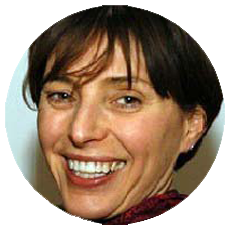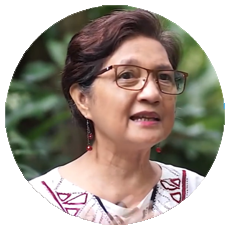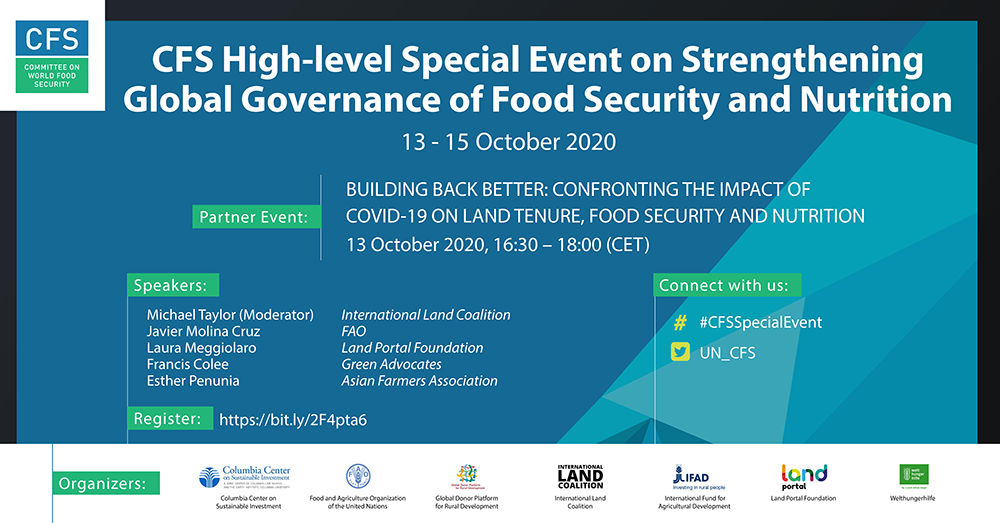Partners Event on coordinating a Covid-19 response while monitoring the effect on governance of tenure and determining how to build back better
Tuesday, 13 October,16:30–18:00 (CEST)
The event's objective was to gain a better understanding of the impacts of the Covid-19 pandemic on land tenure security and consequently on food and nutrition security, particularly of small farmers, pastoralists, indigenous communities and rural women, while reflecting on the importance of achieving SDG land targets as an enabling factor for SDG 2.
The speakers at this CFS partners event engaged in an interactive discussion on how a response to the global COVID-19 crisis should include the use of internationally accepted regulatory frameworks, primarily the VGGT, to avoid or mitigate the adverse impacts of COVID-19, particularly on those with weak or insecure tenure rights. They also examined how the donor community and the land sector can work together effectively to respond to this on-going global pandemic.
Moderator

Michael Taylor
Director
International Land Coalition
Panelists

Javier Molina Cruz
Senior Land
Tenure Officer
FAO

Laura Meggiolaro
Team Leader
Land Portal
Foundation

Francis Colee
Head of Programs
Green Advocates

Esther Penunia
Secretary General
Asian Farmers
Association







